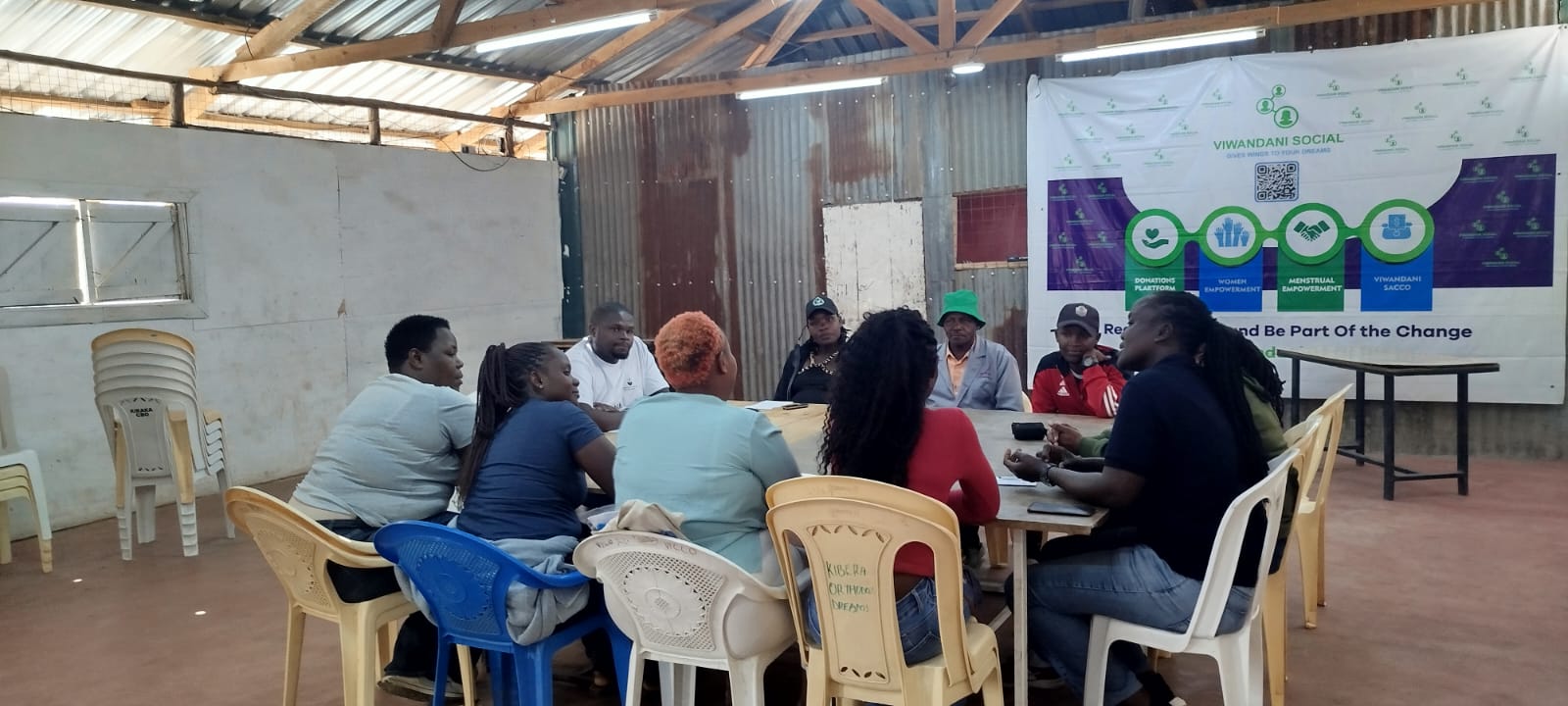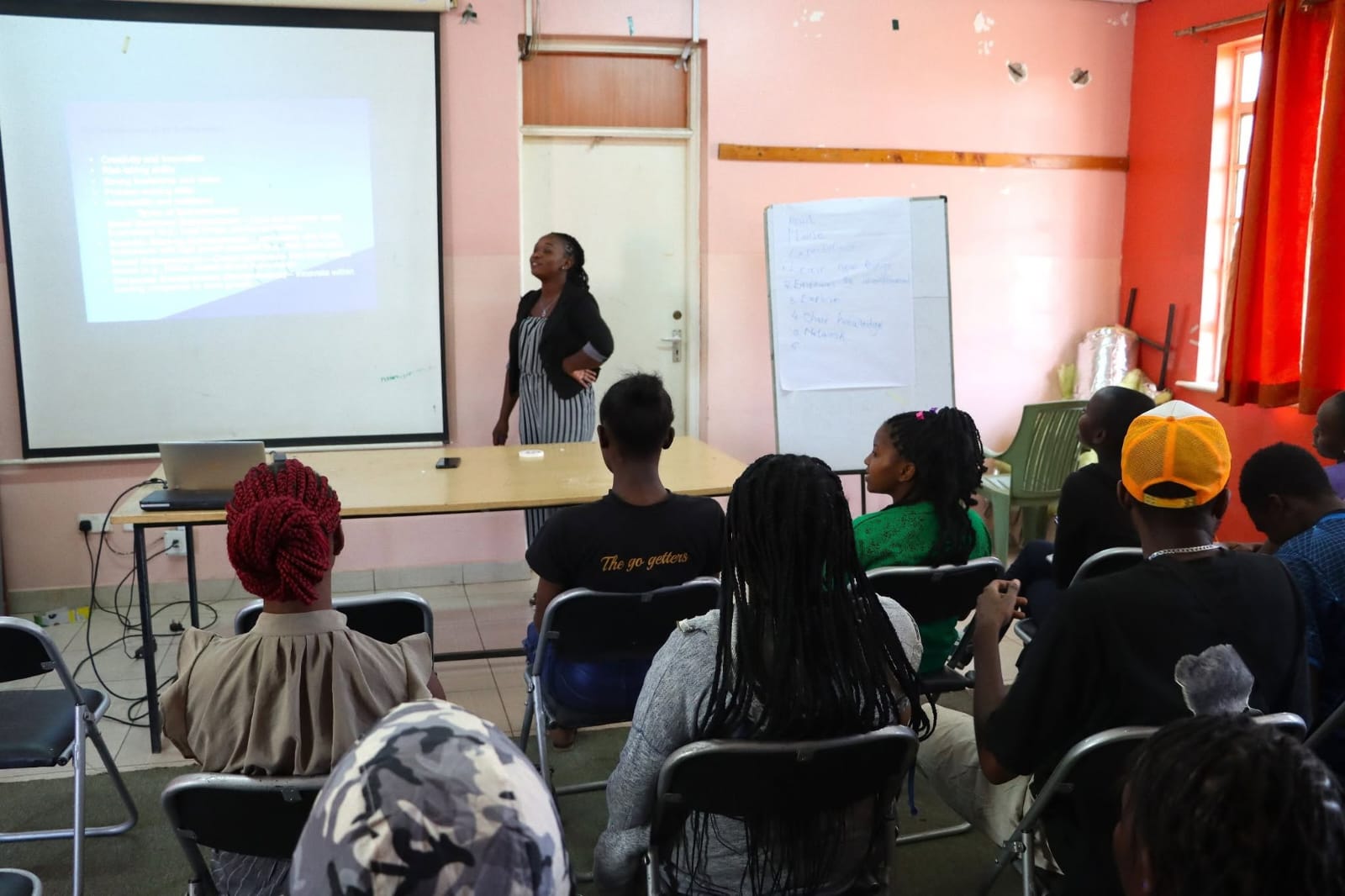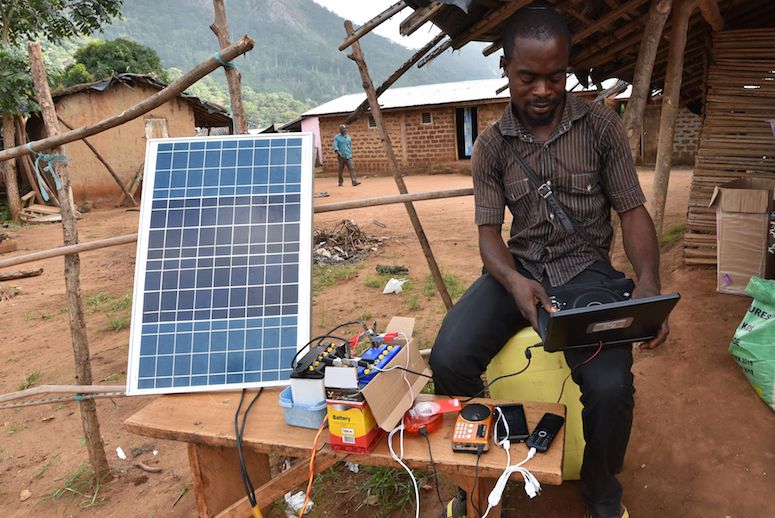FALSE: Photo does not show the drought situation in Embolioi, Kajiado County, in October 2022
FALSE: This image isn’t of the situation on Nairobi’s Thika Superhighway during the 12 July 2023 anti-government protests
The image was taken in 2022, a year before the protests.

This image on Facebook supposedly of the situation on Thika Superhighway, Nairobi, during the 12 July 2023 anti-government protests is FALSE.
The picture is of police vehicles barricading a section of the multi-lane carriageway. Only a few vehicles are on a side road in the opposite direction. A crowd is on the side of the highway blocked by the police.
“Current Situation in Thika Road #Maandamanowednesday,” the post accompanying the image reads.
The image was shared on 12 July 2023, the day opposition leader Raila Odinga had declared there would be anti-government protests.
Cab drivers using taxi-hailing apps had also reportedly announced a nationwide strike on the same day.
However, the footage shared by news organisations, including Citizen TV on 12 July 2023, showed traffic flowing on both sides of the multi-carriageway contrary to what the claim image portrayed.
A reverse image search shows that the image was not taken on 12 July 2023 and has nothing to do with anti-government protests.
Among the search results is a 14 July 2022 article by Nairobi News that hadthe image.
The image credit is to Lucy Wanjiru, a Nation Media Group photographer. According to the photo description, the police had closed the superhighway after a petrol tanker overturned.
Police close Thika road after Petrol tanker incident
Traffic was disrupted along the busy Thika superhighway in Nairobi after an accident in Githurai involving a petrol…
nairobinews.nation.africa
The incident was also reported by other publications, including The Star,corroborating the evidence that the image is not current.
PesaCheck has examined the image, supposedly of the situation on Thika Superhighway, Nairobi, during the 12 July 2023 anti-government protests and found it to be FALSE.
This post is part of an ongoing series of PesaCheck fact-checks examining content marked as potential misinformation on Facebook and other social media platforms.
By partnering with Facebook and similar social media platforms, third-party fact-checking organisations like PesaCheck are helping to sort fact from fiction. We do this by giving the public deeper insight and context to posts they see in their social media feeds.
Have you spotted what you think is fake or false information on Facebook? Here’s how you can report. And, here’s more information on PesaCheck’s methodology for fact-checking questionable content.
This fact-check was written by PesaCheck senior fact-checker Simon Muliand edited by PesaCheck senior copy editor Cédrick Irakoze and acting chief copy editor Francis Mwaniki.
The article was approved for publication by PesaCheck’s managing editor Doreen Wainainah.
PesaCheck is East Africa’s first public finance fact-checking initiative. It was co-founded by Catherine Gicheru and Justin Arenstein, and is being incubated by the continent’s largest civic technology and data journalism accelerator: Code for Africa. It seeks to help the public separate fact from fiction in public pronouncements about the numbers that shape our world, with a special emphasis on pronouncements about public finances that shape government’s delivery of Sustainable Development Goals (SDG) public services, such as healthcare, rural development and access to water / sanitation. PesaCheck also tests the accuracy of media reportage. To find out more about the project, visitpesacheck.org.
PesaCheck is an initiative of Code for Africa, through its innovateAFRICA fund, with support from Deutsche Welle Akademie, in partnership with a coalition of local African media and other civic watchdog organisations.







